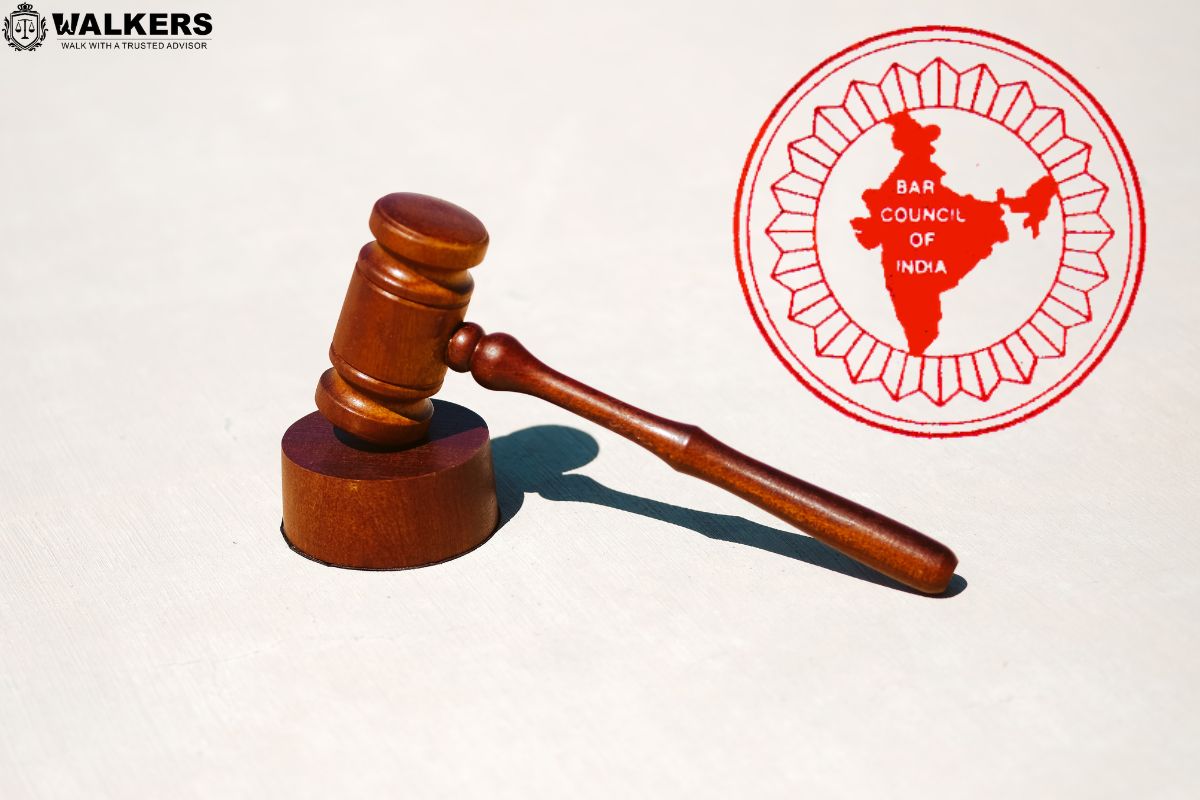


"Supreme Court Questions Interpretation of Remission in Life Sentences for Gang-Rape of Minors"
In a recent development, the Supreme Court of India has raised a critical question regarding the interpretation of a provision of law that restricts the granting of remission to convicts sentenced to life imprisonment for the gang rape of girls below 12 years of age. The case in question, titled Nikhil Shivaji Golait v. Union of India and anr, revolves around Section 376DB of the Indian Penal Code (IPC), which currently mandates life imprisonment for the remainder of the convict's natural life without any possibility of remission as the minimum punishment for gang rape of minors.
A bench comprising Justices Abhay S Oka and Pankaj Mithal expressed concerns over the potential interpretation of the law by courts that could allow remission in contravention of the statute's clear language. Justice Oka questioned whether a Constitutional court could interpret the section to imply that life imprisonment means only for a specific number of years, despite the text explicitly stating "till the natural life" of the convict. He asked, "Can we do violence with the statute?"
The Supreme Court was hearing a plea challenging the Constitutional validity of Section 376DB of the IPC, particularly regarding the imposition of life imprisonment for the remainder of the convict's natural life as the minimum sentence. The petitioner is a convict currently serving a life sentence without the possibility of remission.
The provision, introduced in response to the Nirbhaya case, has been contested as violative of Articles 14 and 21 of the Constitution, as it eliminates any chance of the convict's rehabilitation. The petitioner argued that in many cases where individuals were convicted of raping minor girls, courts have commuted their death sentences to life imprisonment with fixed terms, such as 20, 25, or 30 years. However, if life imprisonment is to be enforced until the convict's natural death, it could extend to 40 or even 50 years, which the petitioner deemed disproportionate to the offense.
During the hearing, Attorney General R Venkataramani, representing the Central government, noted that a new penal code is under discussion in Parliament and suggested deferring the matter until then. However, the Supreme Court emphasized that the existing penal code would remain in effect until any changes are made and thus needs to be interpreted in the present case.
The Attorney General stated, "Courts can interpret a statute in a certain way, but they are bound by the law. Appellate courts can interpret life sentences, but relaxing the definition of 'natural life' would be a hybrid jurisdiction."
The judges concluded that the issue requires further deliberation and scheduled the next hearing for December 5. Advocate Gaurav Agarwal represented the petitioner-convict in this case.
TAGS: Supreme Court Remission Life Sentences Gang-Rape Minor Girls IPC 376DB Constitutional Validity Natural Life Convicts Legal Interpretation Constitution Nirbhaya Case Attorney General New Penal Code Deliberation December 5 Advocate Gaurav Agarwal.